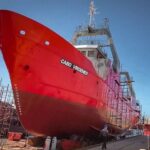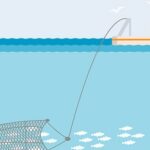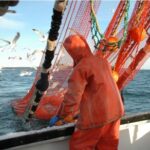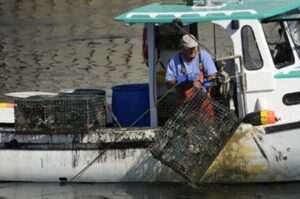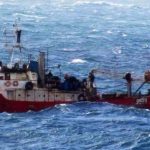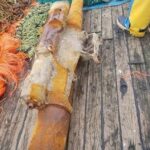Tag Archives: West Coast Fisheries Consultants.
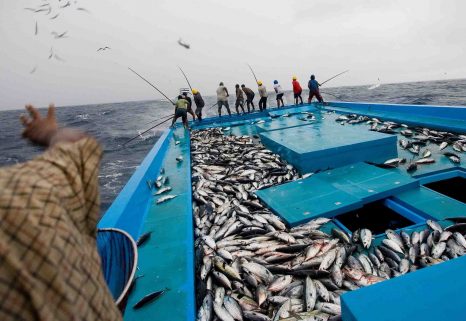
In the Maldives, the Virtues and Limitations of Pole-and-Line Tuna Fishing – can it catch on globally?
Kelsey Miller, fisheries researcher with a global advocacy group, wobbled for balance on a 50-foot fishing boat as silvery tuna flew through the air towards her. It was 2014, and as the vessel pitched off the coast of the Maldives, a collection of atolls several hundred miles southwest of the southern tip of India, a dozen or so fishermen working in the stern pulled the fish from the water one by one with fishing poles, flipping their catch towards the boat’s bow. >click here to read< 16:22 
The “Redheaded Stepchild of Fishing” – Controversial drift-gill net fishery wins long-fought battle
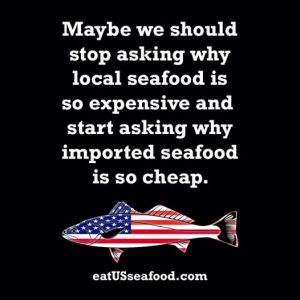 Federal fishery managers denied a proposal this week to immediately shut down Southern California’s most controversial fishery in the event that wide-mesh gill nets accidentally kill a handful of certain marine mammals or sea turtle species. The swordfish and thresher shark fishery will remain open, even if it kills several whales or sea turtles, the NOAA’s National Marine Fisheries decided. The decision not to institute so-called hard caps on the fishery comes after a public review period initiated last year was extended to discuss the law proposed by the state’s Pacific Fishery Management Council in 2014. For the few dozen fishers who still catch swordfish and thresher sharks off Southern California in deep-water drift gill nets, the decision brought a big sigh of relief. click here to read the story 08:38
Federal fishery managers denied a proposal this week to immediately shut down Southern California’s most controversial fishery in the event that wide-mesh gill nets accidentally kill a handful of certain marine mammals or sea turtle species. The swordfish and thresher shark fishery will remain open, even if it kills several whales or sea turtles, the NOAA’s National Marine Fisheries decided. The decision not to institute so-called hard caps on the fishery comes after a public review period initiated last year was extended to discuss the law proposed by the state’s Pacific Fishery Management Council in 2014. For the few dozen fishers who still catch swordfish and thresher sharks off Southern California in deep-water drift gill nets, the decision brought a big sigh of relief. click here to read the story 08:38
Pacific Council on proposed Marine Monument
Today, the 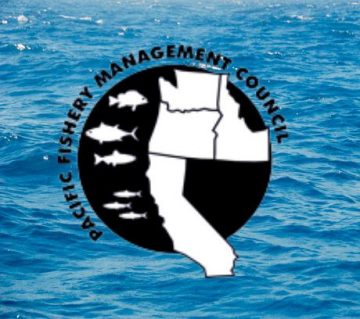 Pacific Fishery Management Council sent a letter to President Obama expressing concern about “how these National Monument designations would impact our fishery management efforts in the west coast Exclusive Economic Zone.” In it, the Council stresses: 1. All of the areas proposed for designation already have significant protections from specific fishing activities. For example – Essential Fish Habitat requirements under the Magnuson-Stevens Fishery Conservation and Management Act; and Cowcod Conservation Areas off the Southern California coast. 2. Fishery management decisions are best done in a thoroughly transparent public process rather than being done with limited involvement of certain stakeholders. 3. The social and economic importance of those areas cannot be understated. Read the letter from the PFMC, and the letter from the Council Coordination Committee by clicking here 07:44
Pacific Fishery Management Council sent a letter to President Obama expressing concern about “how these National Monument designations would impact our fishery management efforts in the west coast Exclusive Economic Zone.” In it, the Council stresses: 1. All of the areas proposed for designation already have significant protections from specific fishing activities. For example – Essential Fish Habitat requirements under the Magnuson-Stevens Fishery Conservation and Management Act; and Cowcod Conservation Areas off the Southern California coast. 2. Fishery management decisions are best done in a thoroughly transparent public process rather than being done with limited involvement of certain stakeholders. 3. The social and economic importance of those areas cannot be understated. Read the letter from the PFMC, and the letter from the Council Coordination Committee by clicking here 07:44
California’s offshore seamounts at risk of being closed
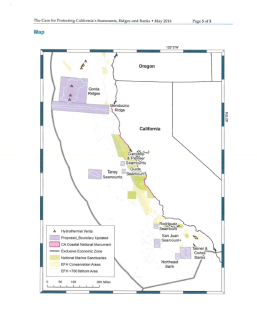 It has long been rumored that conservation groups were hoping to have the President use the Antiquities Act to designate Tanner and Cortes banks as National Marine Monuments. Finally, this rumor has been put on paper and its reach is far more than just the two areas mentioned above. The areas in grey below are those being proposed for Monument designation. Unlike the substantial public process that accompanies creation of a National Marine Sanctuary, designation of an area as a National Marine Monument is done outside the public eye – under the Antiquities Act. The Antiquities Act (54 USC §320301 et seq) empowers the President to, “in the President’s discretion, declare by public proclamation historic landmarks, historic and prehistoric structures, and other objects of historic or scientific interest that are situated on land owned or controlled by the Federal Government to be national monuments.” Read the rest here 17:09
It has long been rumored that conservation groups were hoping to have the President use the Antiquities Act to designate Tanner and Cortes banks as National Marine Monuments. Finally, this rumor has been put on paper and its reach is far more than just the two areas mentioned above. The areas in grey below are those being proposed for Monument designation. Unlike the substantial public process that accompanies creation of a National Marine Sanctuary, designation of an area as a National Marine Monument is done outside the public eye – under the Antiquities Act. The Antiquities Act (54 USC §320301 et seq) empowers the President to, “in the President’s discretion, declare by public proclamation historic landmarks, historic and prehistoric structures, and other objects of historic or scientific interest that are situated on land owned or controlled by the Federal Government to be national monuments.” Read the rest here 17:09
Pacific Bluefin Tuna – why California’s fishermen are impacted
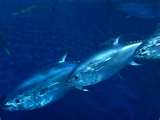 Recent actions and findings by international, federal and state fishery managers will result in reduced commercial and recreational take of Pacific Bluefin tuna. California based purse-seine vessels will see their catch limit reduced by a minimum of 40%. California based recreational anglers will see their daily bag limit reduced from 10-fish to 2-fish. New filet regulations developed with input from enforcement, scientists, and the sportfishing community were recently approved by the California Fish and Game Commission which will impact how you process your fish at sea. Read the rest here 10:25
Recent actions and findings by international, federal and state fishery managers will result in reduced commercial and recreational take of Pacific Bluefin tuna. California based purse-seine vessels will see their catch limit reduced by a minimum of 40%. California based recreational anglers will see their daily bag limit reduced from 10-fish to 2-fish. New filet regulations developed with input from enforcement, scientists, and the sportfishing community were recently approved by the California Fish and Game Commission which will impact how you process your fish at sea. Read the rest here 10:25
Squid fishermen fight overblown – Mike Conroy, President, West Coast Fisheries Consultants.
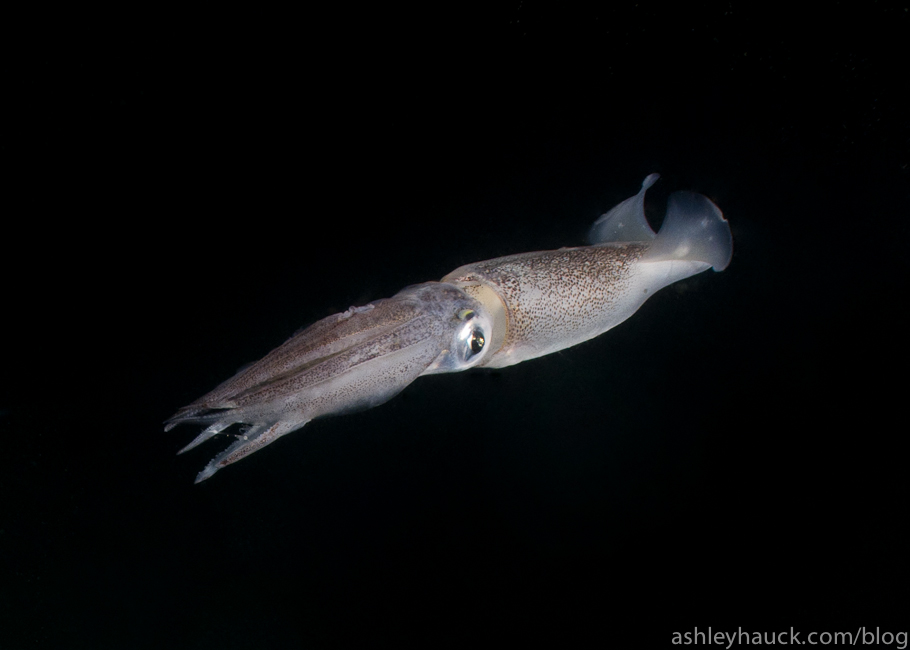 Hearing claims of three squid brail (smaller boat) fishermen, one might think that the larger seine vessel squid fishermen are illegally catching all of the allowable quota. continued
Hearing claims of three squid brail (smaller boat) fishermen, one might think that the larger seine vessel squid fishermen are illegally catching all of the allowable quota. continued


































